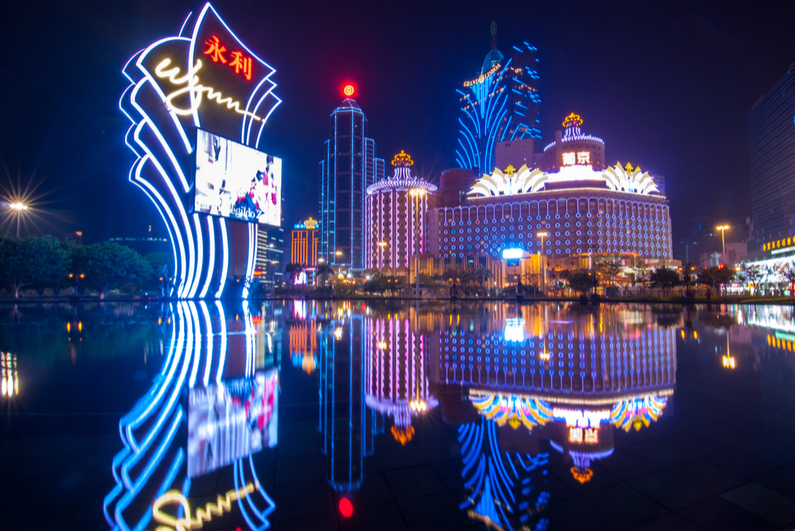30-second summary
- SJM and MGM China were given extensions for their Macau licenses until 2022
- Extension brings their expiry dates in line with the other major operators
- These license extensions cost almost $25m each
- There are concerns about the application process for new licenses in 2022, particularly with the ongoing US-China trade war
Macau’s license extensions
The government in Macau, the biggest gambling destination in the world, has extended the licenses of two casino operators Macau remains. The reason for this extension was to bring those two operators onto the same license expiry timelines as the four other major concessionaires in the city. This eliminates a lot of investor uncertainty from the market.
The two-year extension for the MGM China and SJM casino licenses brings their license expiry dates to the middle of 2022, the same as Melco, the Wynn Macau, Sands China, and Galaxy Entertainment. The government said that this was done to help increase job security and social stability.
The news of this move led to gains for some of the major casino operators in the region. The biggest gainer was Melco International, with their shares rising by 4.7%.
SJM is one of the staples of the Macau gambling scene. The owners are the family of well-known gambling mogul Stanley Ho. Ho was one of the main drivers who put Macau on the map. It is now the number one gambling destination in the world.
MGM China also has a connection to the Ho family. While it is mostly under the ownership of MGM Resorts from the United States, the co-chairperson is Stanley Ho’s daughter, Pansy Ho.
The original expiry date for the two company’s licenses was March 2020. They do have to pay for this extension, to the tune of $24.8m (£18.7m) each. The agreements were also changed to help improve protections and retirement plans for their workers.
Concerns in Macau
There are concerns about what will happen when the 2022 expiry date comes for these major casino operators. There are no details about how the bidding process will work.
Many investors believe that the ongoing conflict between the United States and China could have a significant outcome on this process if the trade war is still ongoing at that stage. The MGM China, Wynn Macau, and Sands China are mostly under the ownership of American companies.
Some are worried about the Chinese economy slowing down, which could dampen revenues. There is also increasing competition in the region. Japan now has made resort casinos legal, with three mega-resorts to be developed in the coming years. This will likely suck serious money out of the pockets of the Macau operators.
Falling high-roller numbers
The number of high rollers going to Macau is decreasing levels. These players form the core of casino revenues, especially in Asia.
The drop off of high-rollers in Macau appears to be connected to the slowing down of the Chinese economy. According to a Credit Suisse report, the number of VIP players in Macau dropped by 10% during the fourth quarter in 2018. There was an increase of 1% in non-VIP gamblers.
The levels of tourism in the city remain about the same. As a result of these findings, Credit Suisse plans to decrease their exposure in Macau. Currently, they are the coverage provider for the Sands China casinos, Galaxy, MGM China, and the Wynn Macau casinos.
UBS analysts have taken a similar stance, saying: “Despite November revenue better than expected… our lower estimates are driven by weaker VIP and premium demand amid heightened risk to macroeconomic outlook in China.”
One of the telltale signs that China is experiencing a slowdown is the downgrading of their growth figure forecast down to between 6% and 6.5%, which is the lowest it has been since 1990.
The Chinese government has been pressuring Macau to step up its oversight of gambling. There are also calls for the city to diversify away for gambling somewhat rather than having all of its eggs in one basket, especially in a slowing economy.
